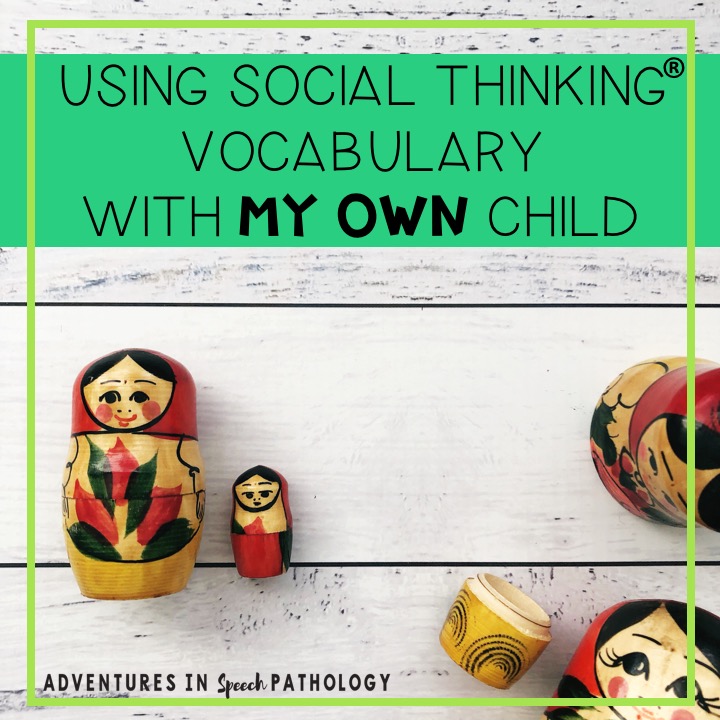
I remember thinking to myself, “This is what my clients and their families tell me happens in their homes,” but my child doesn’t have Autism Spectrum Disorder or ADHD. In fact, she doesn’t have any known diagnoses that I am aware of.
I can teach things to parents as a speech pathologist that have been really challenging for me to implement as a parent. It took me a while to see my own child’s challenges because at home I was in parent mode—just surviving through the day—versus being in problem-solving therapist mode.
Let me share our story about my beautiful little girl. For a three-year-old, I’d say that her articulation skills are age appropriate and her expressive and receptive language skills are within the high average range. Everyone always commented about how social and friendly she was. And it was true. She could confidently talk to and initiate play with anyone. So, when baby number two was due, I was prepared. We talked and talked about what would happen and the changes that would take place. I implemented lots of little changes early on, such as swapping the car seats around and setting up the bassinette, so that everything wasn’t new all at once.
We read our I’m a Big Sister book, sorted through clothes and toys together and gently decreased our morning snuggles, all in preparation for having a baby in the room. I made visual schedules to choose activities for the day and included little jobs for her, such as “brush my hair” to increase her independence. I knew I was going to be busy with the new bub.
The speech pathologist in me was silently applauding just how clever I was, and our first three weeks went as planned.
The following month was the most challenging I’ve faced as a parent.
Just describing that month is hard. I was hit, slapped, kicked and punched incessantly. My daughter’s sleep totally regressed. We went from a two-hour nap in the day and 7 p.m. bedtime to her refusing to nap in the day and then not going to sleep until 10:30 p.m. some nights. She was constantly coming into our bedroom and screaming every time we walked her back to her room. One night she came in over 30 times. I told my mum that I didn’t like my child, feeling guilty that I could ever think those thoughts. How could a mother not like her child? I loved her, fiercely, but I just didn’t like being around her. That made me feel like the worst mum.
There was such anger in her. It was always there and that’s what hurt me the most, seeing my little girl in a constant state of anger. Life felt like one meltdown rolled into another.
It was when she started getting aggressive toward the baby that I realized outside help was needed. Psychology or behavior support? Or perhaps someone for me and my mental health? My husband suggested that maybe I had post-natal depression, but I loved my time with my baby. She was gentle and content. She fed well and slept well. Whenever I held her, I felt calm. She balanced me and regulated my emotions.
That’s when the idea of self-regulation first popped into my head. The more I thought about it, the more it made sense. My little girl’s whole world had changed and she was having more difficulties than usual self-regulating. Because I was in parent mode, I was focusing on her behaviors instead of trying to understand why she was acting this way. I have a free Social Thinking poster in my office, the Building Blocks of Social Development for Young Children, from the We Thinkers! early learner curriculum. It’s the one I pull out for parents all the time, and there it was, right in front of me.
I started thinking about what I would tell parents if they were describing this situation to me. At home my daughter and I had been using “feeling” words since we started reading books together. My girl, who just turned three, was using words like frustrated, disappointed, sad, mad, angry, happy, surprised and excited. But I had never asked her how she was feeling. And when I did, when I asked, “Sweetie, tell me how you’re feeling” her answer shocked me.
“I’m mad because you had a baby.”
Now I understood.
I started thinking more and more about things from her perspective, tried to think like her. Her whole world had changed, and it was apparent to me that she was feeling big feelings for a little girl of three, that she couldn’t really understand: jealously, rejection and loneliness.
Therapist mode kicked in. I know my Social Thinking Vocabulary pretty well. In fact, it has just become part of everyday speech for me (hence why my daughter has words such as “frustrated” in her vocabulary at her young age). But, I had never thought to use the core vocabulary concepts any further. I understood that the Social Thinking We Thinkers! curriculum was primarily for ages 4-7, but my instincts told me I should try teaching some concepts.
So, I introduced the Group Plan. And this one concept, this seemingly simple idea changed everything and turned life around for us.
Let me just say that my husband thought this was a ridiculous idea when I first told him what our “plan” was. He thought we needed to put her in time out or have a naughty chair. I asked him to let me try it for three days, just three days.
It only took half a day for him to get on board.
Before we did anything—before we got into the car, before we hopped out of the car, before we opened the door, we talked about the “plan.” And sure enough, the meltdowns dramatically decreased. I found myself telling my husband, “See, if she knows the plan, then she knows what is expected and then she can better regulate her emotions.” This turned out to be correct! Problem solving ahead of time by discussing this information when she was calm helped her to anticipate what was going to happen. That, in turn, helped her stay calm. We also asked her what her plan was, and this let us understand what she was expecting, which was also really important!
I feel like I understand my little girl so much more now. Sure, she’s still my little teapot and can bubble over quickly, but she is only three. We still talk about the plan, especially on those days when she is tired or sick, but not as much as we did during that first month, when she was adjusting to a new little presence in the house, one that had disrupted her whole world.
As a therapist I knew the positive effects that using the Social Thinking Vocabulary could bring. As a parent, I now do too. It’s ingrained in my heart as well as my brain. And that’s good.
As a side note, I’d love to share some of the things my little girl has said that guided me in deciding to start introducing more of the concepts and vocabulary from the We Thinkers! Volume 1 curriculum at her younger age. I felt her language was strong enough and she was showing signs of comprehending and understanding the early concepts from storybook 1, Thinking Thoughts and Feeling Feelings, to start talking about the concept in storybook 2, The Group Plan. (Volume 1 is a five-storybook set plus curriculum.) She was between ages two years eleven months and three years four months when I documented these.
“Mummy, Caroline (baby) is looking at you. She is thinking about you.”
“Mummy turn on the light, I’m feeling frustrated.”
“My heart feels sad.”
“Caroline doesn’t like bear. She wasn’t smiling at him.”
“Daddy do you like this one because it’s got red?”
“Which crayon would mummy want?” – “Green.” (She knows my favorite color is green, while hers is pink.)
Reference
Hendrix, R., Palmer, K.Z., Tarshis, N., & Winner, M.G. (2013). We Thinkers! Volume 1: Social Explorers Curriculum. San Jose, CA: Think Social Publishing, Inc.
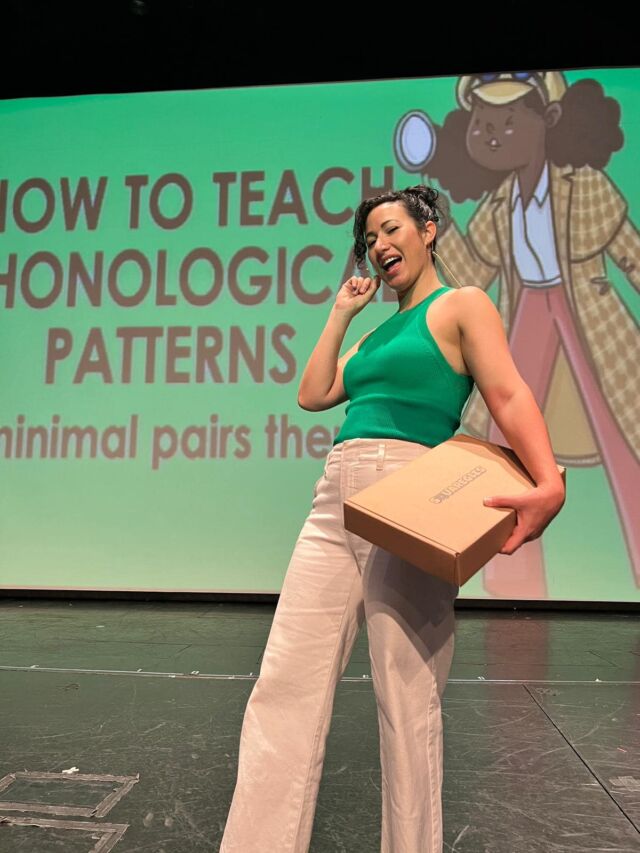
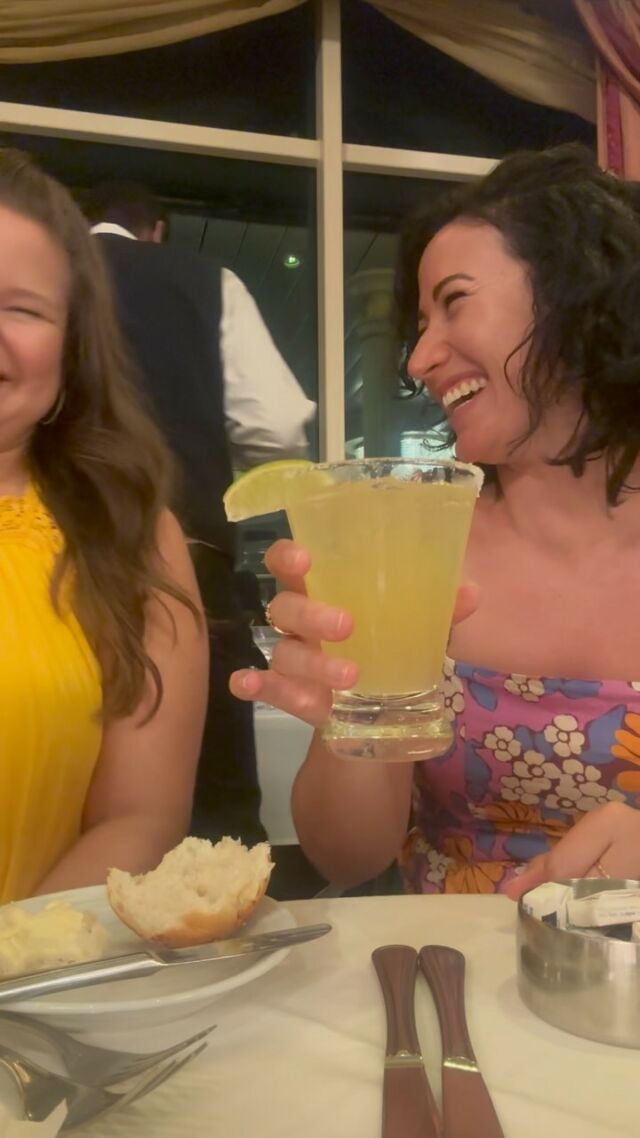
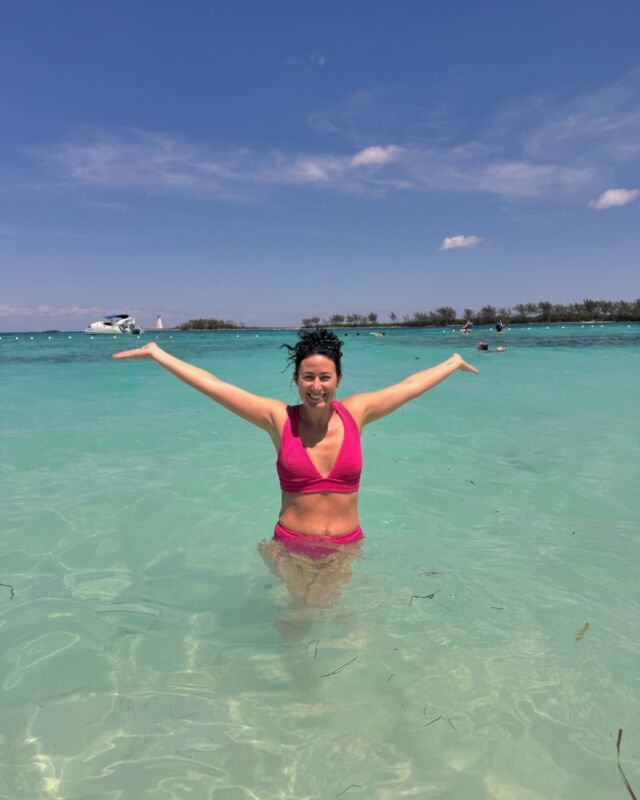
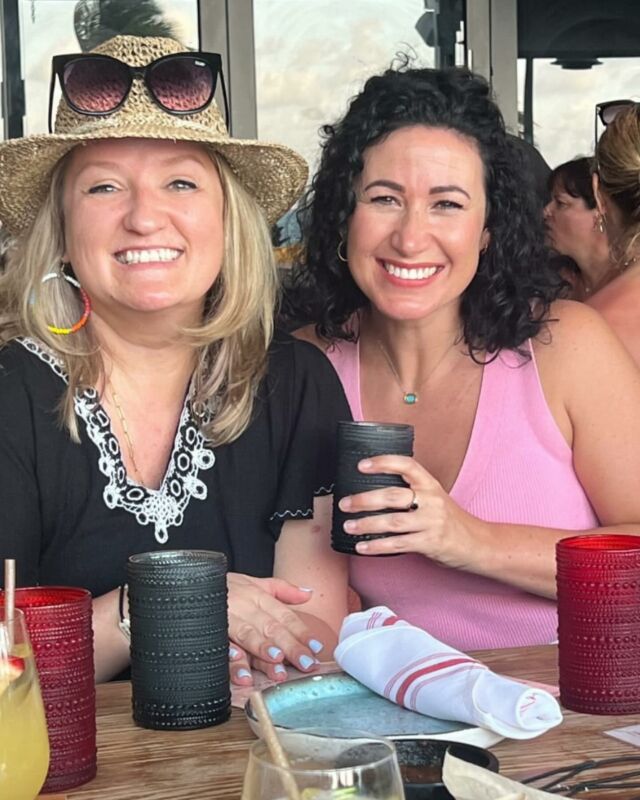
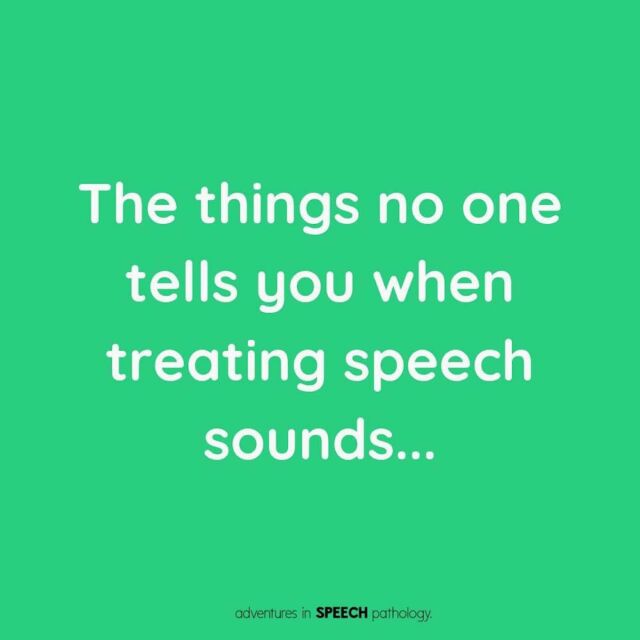
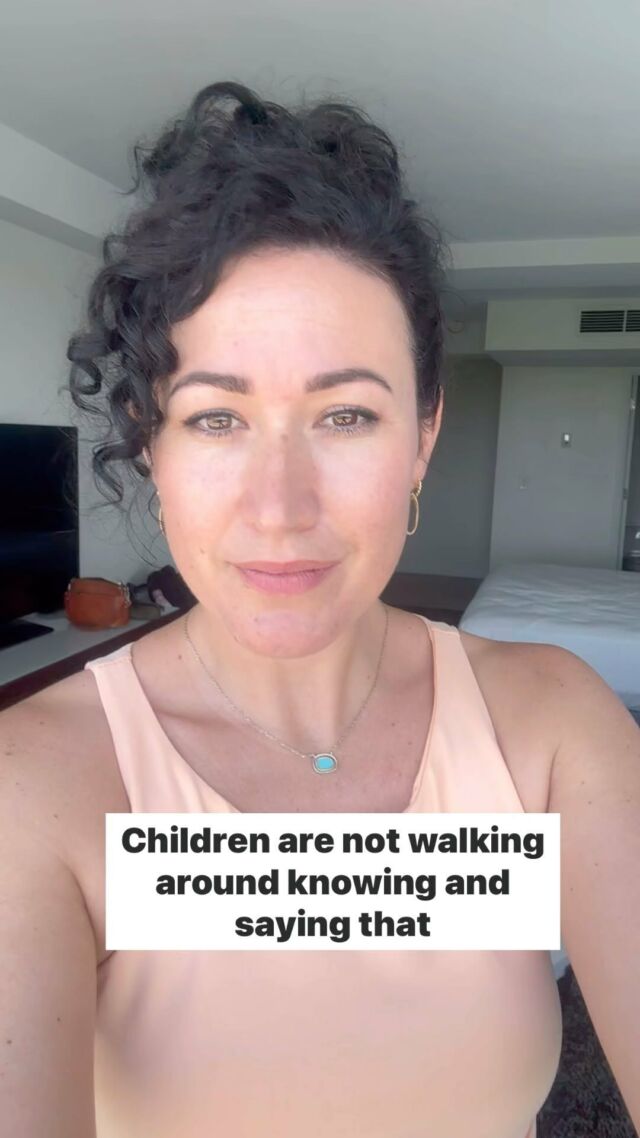
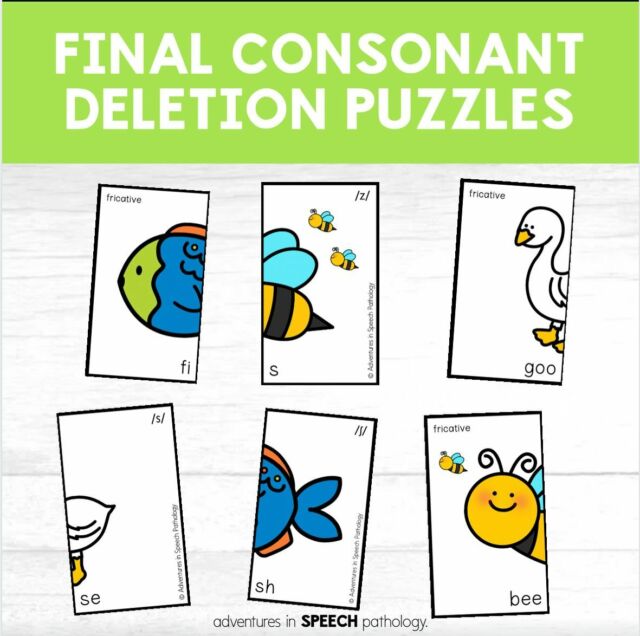
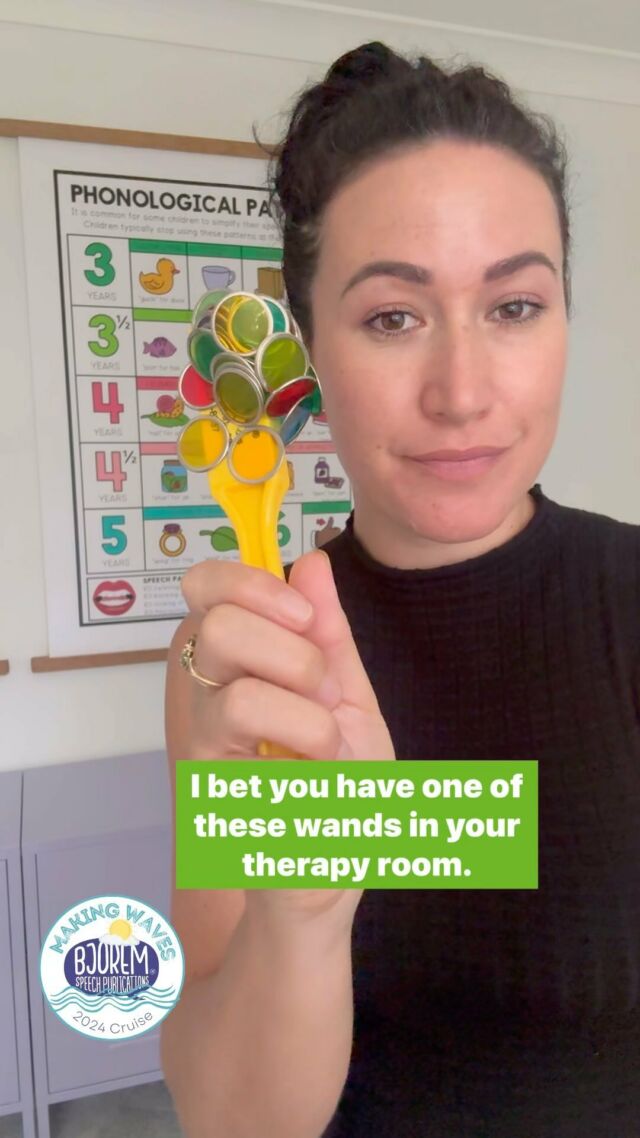
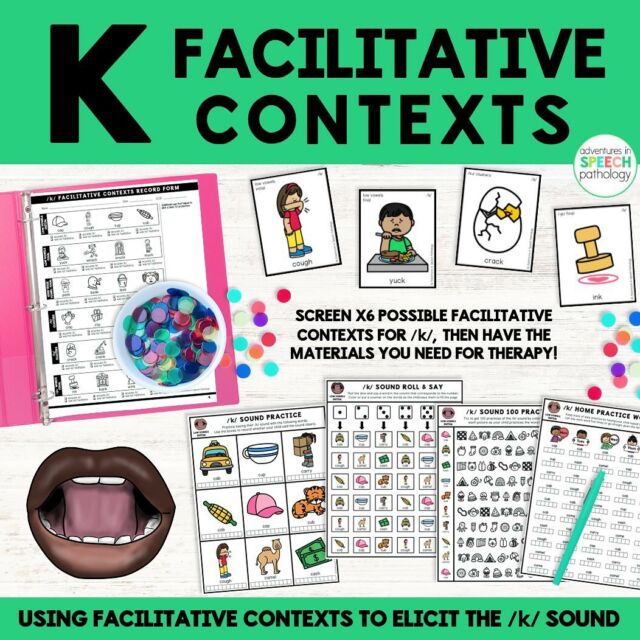
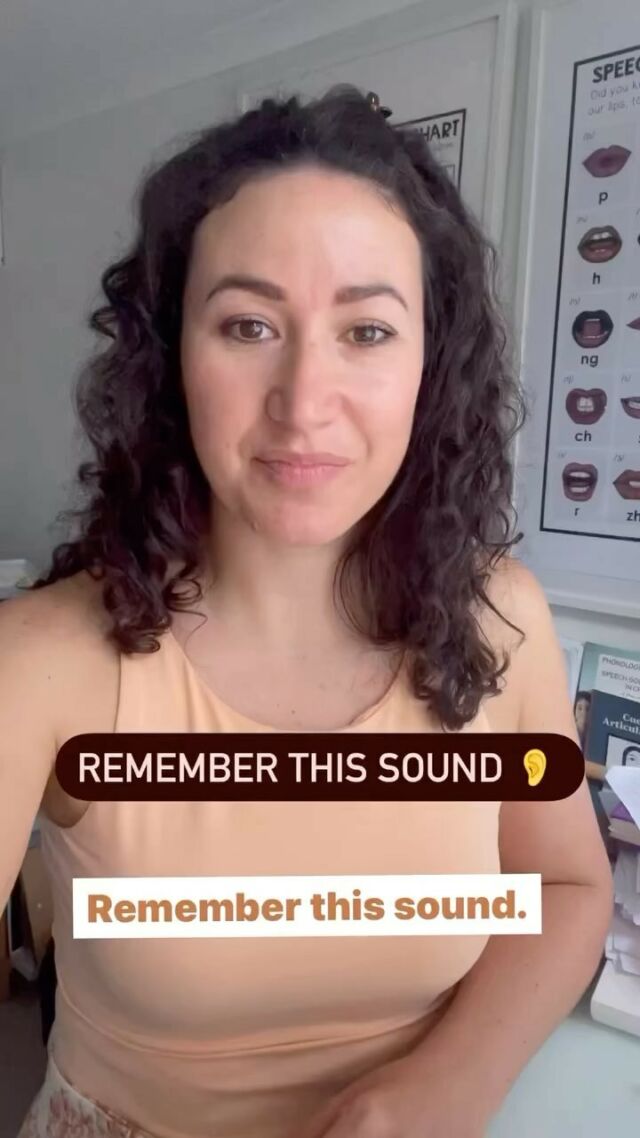

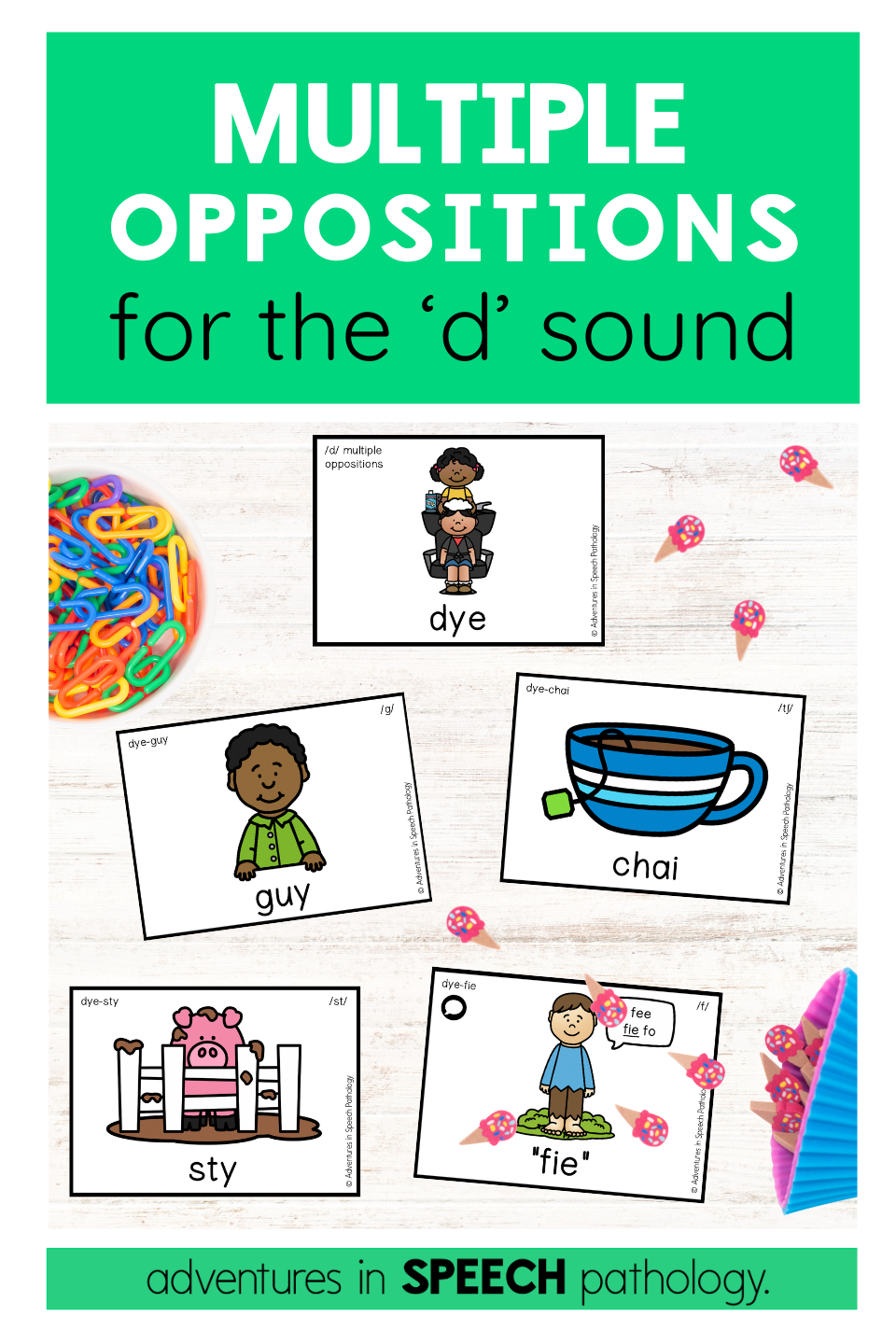
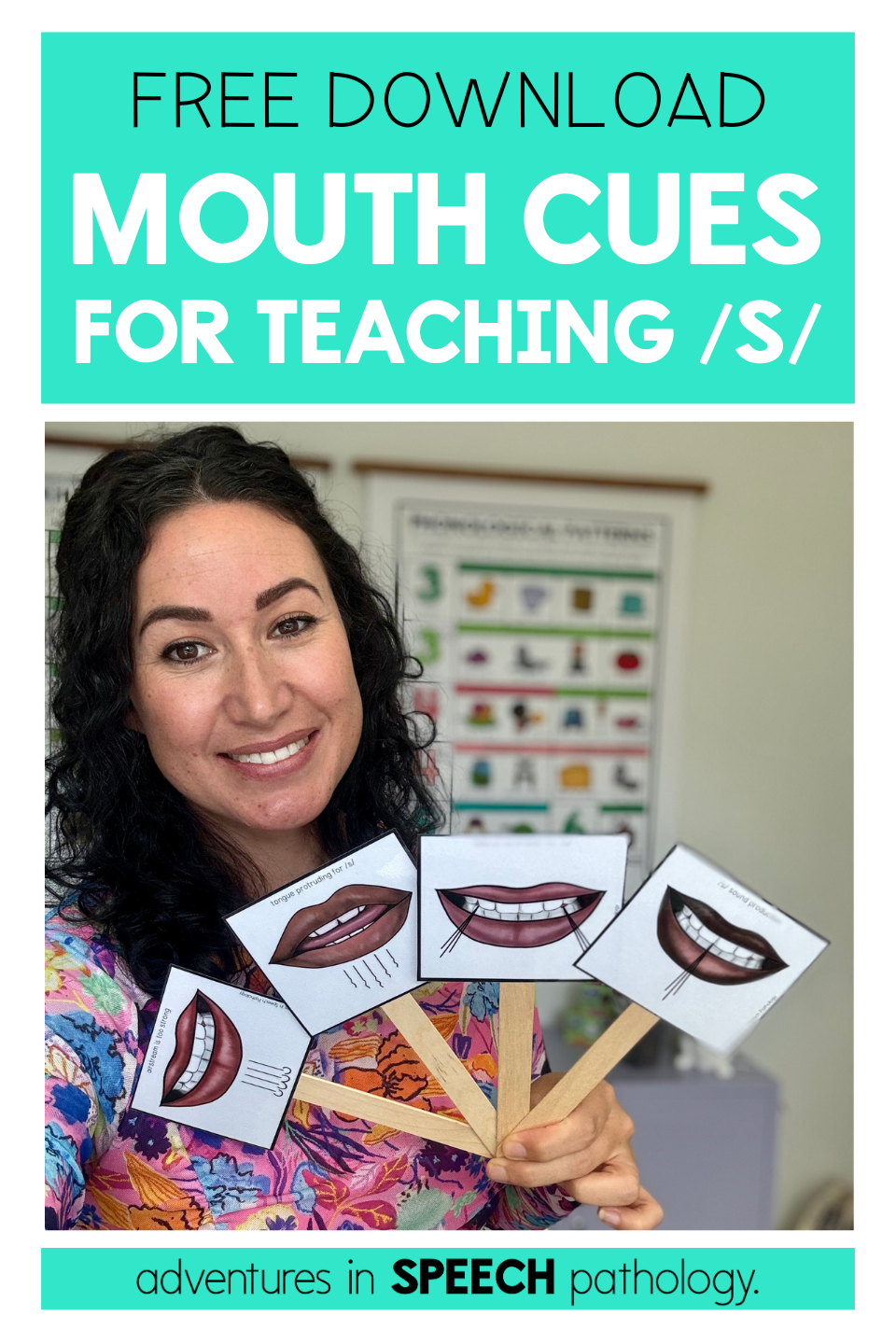
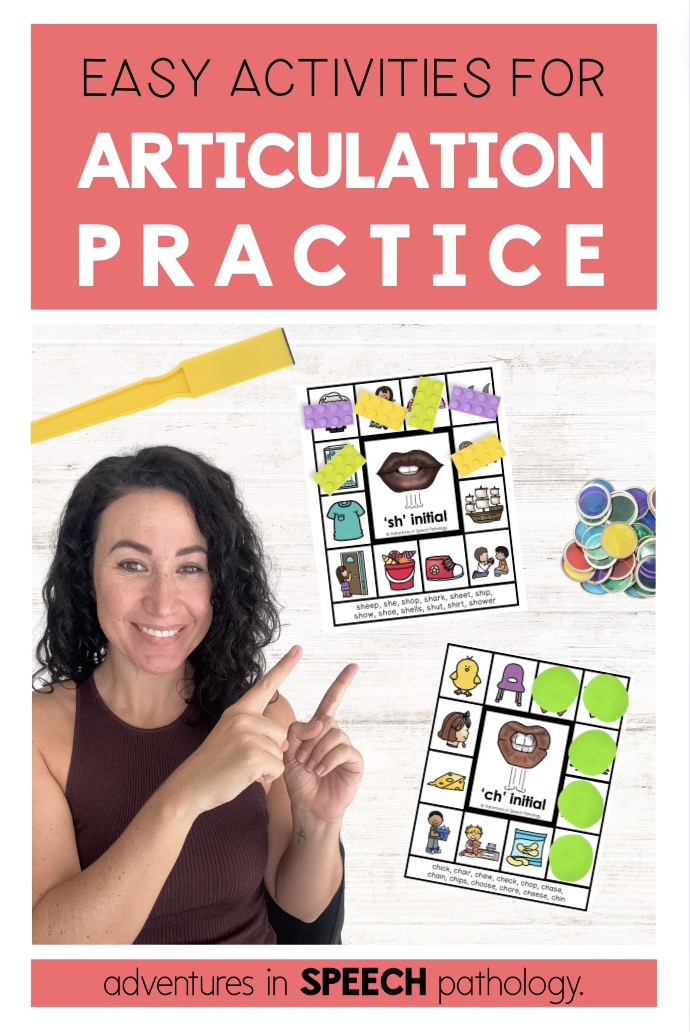

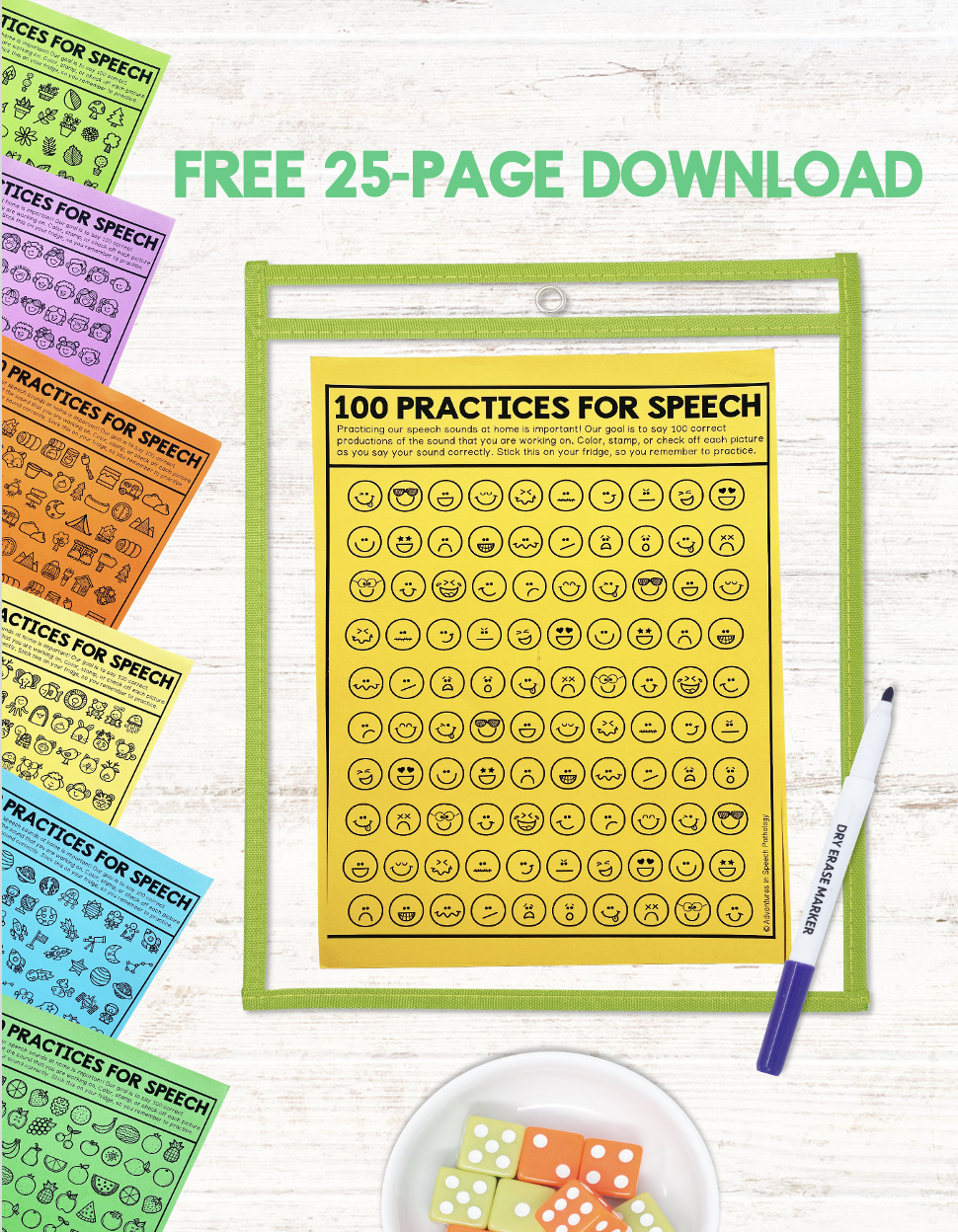
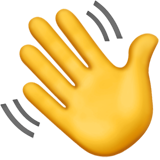
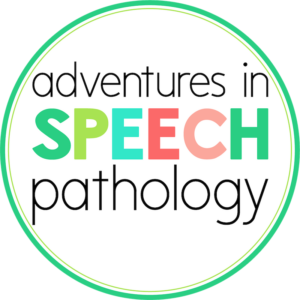
4 Comments
This is a terrific post!! You should share it with Michelle Garcia Winner. I’ll bet it would make her day. And it will be so helpful for parents as you are relating with them.
Thanks for the support Elizabeth 🙂
I believe that Social Thinking have shared it on their website. It has definitely come full circle for me!
Not only did I tear up and want to give you a hug, I also felt more uplifted and so happy for you as well. I can relate to a lot of what you’ve shared.. My youngest has Autism, is non verbal which understandably causes emotional and everything overload! I can’t begin to fully imagine the distress people deal with when not able to communicate.. We try a variety of visuals and anything I can think of.. However, like you and the plan, I too found that repeating over and over (first wake up, then.. Then…) Divided into morning, afternoon, evening 3 step expectations seemed to put a lot of his fear of what to expect at ease.
I love your ideas and can’t wait to try them here.
Thank you
We’re all in this together Brooke 🙂